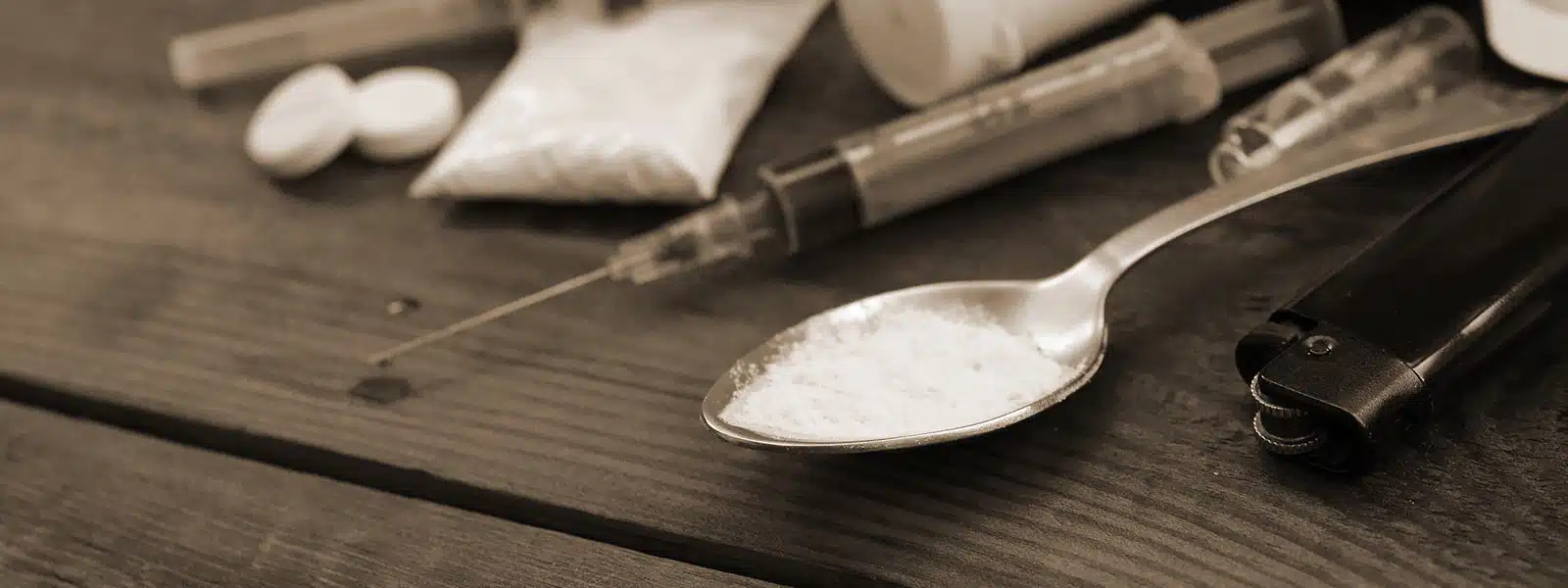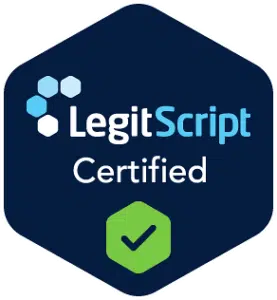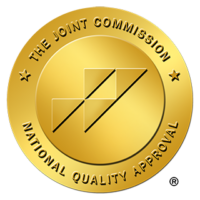Opiate Detox
Opiate detox treatment is the process by which the body flushes drugs from the system, breaking the dependence on it. Opiates, often lumped with opioids, carry a high risk of withdrawal symptoms or an intense physical and emotional reaction to no longer having access to the substance. Yet, this withdrawal process is necessary for those who are dependent because it helps the brain and body relearn how to function without those substances.
Opiates are a drug made from chemical compounds extracted from natural plants, can be highly addictive. These drugs, which include opium, morphine, codeine, and heroin, are highly dangerous because they can cause overdoses. Opiates, like opioids, which are synthetic or man-made forms, contributed to 81,806 overdose deaths in 2022, according to the National Institute on Drug Abuse.
This process often requires careful withdrawal management, a process of providing medical and psychological care to clients who may be experiencing intense symptoms of withdrawal when they stop using the substance.
At Engage Wellness Acton, we provide opiate addiction treatment, but we do not offer opiate detox treatment itself. Instead, we partner with local providers that offer specialized detox programs and support before you commit to ongoing treatment after detox.
What Is Opiate Detox?
A necessary step in combating opiate addiction and dependence, which can develop over time with consistent use of these substances. Detoxification is a natural process that the body manages by removing toxins through the digestive system. However, the absence of the drug triggers withdrawal symptoms, some of which can be significantly uncomfortable. During the opiate detox process, providers manage those symptoms to ensure a person does not relapse into using opiates again.
The opiate detox process can occur in a dedicated, specialized detox center with medical supervision. It may also be an option to choose outpatient opiate detox, which requires frequent visits to the clinic but allows a person to go home at the end of the day. There are medications that may also help support the opiate detox process and make it a bit easier to manage.
To understand what occurs during the opiate detox process, it helps to understand how opiates interact with the brain. Opiates are often used to treat pain for several days or weeks. However, misuse of these drugs is not uncommon because they can also create a sense of euphoria. That feeling of being high comes from the way opiates work with opioid receptors in the brain, which trigger the production of feel-good hormones. Your brain is designed to seek out things that make it feel good, which is why it starts to seek out opiates.
If you try to stop using opiates after taking them for some time, you may experience pain, discomfort, and agitation. This indicates opiate withdrawal, the process in which the body is trying to encourage you to obtain more of the substance. During the opiate detox treatment process, it is critical to abstain from that substance to help the body and brain relearn to normal function without it. A component of that involves managing symptoms and discomfort that occur.
What Happens During Opiate Detox?
There are three distinct phases of opiate detox treatment. These include:
- Intake: During this initial step, a client meets with a licensed medical professional to discuss their use of opiates in a non-judgmental format. They also take your medical history and complete a psychiatric exam to determine if there are any potential mental health disorders. A full physical is also completed.
- Detoxification: Once you enter the opiate detox process, the body begins to react to the absence of the substance. The first few days are the most critical when withdrawal symptoms tend to peak and become very uncomfortable.
- Post-detoxification: After that initial peak, you may begin to feel better during a period of stabilization. This is also when opiate addiction treatment begins.
The Opiate Detox Process
Types of Opiate Detox
The opiate detox process itself is the same, no matter where it occurs. The body naturally flushes the substance over a period of time. Withdrawal symptoms take place. However, there are several ways that this can be done, including both inpatient detox and outpatient detox. Some people also benefit from medication-assisted treatment.
Finding the Right Opiate Detox Facility for You
The opiate detox process is one of the most critical steps in recovery from substance use disorder, but it is challenging. The best opiate detox treatment is one that gives your body the support it needs as it works to relearn how to function without that substance.
Contact Engage Wellness Acton today and let our team help connect you with the detox program best suited for your needs. Once you complete the detox process, you can begin opiate addiction treatment at our facility. Contact us to learn more.










